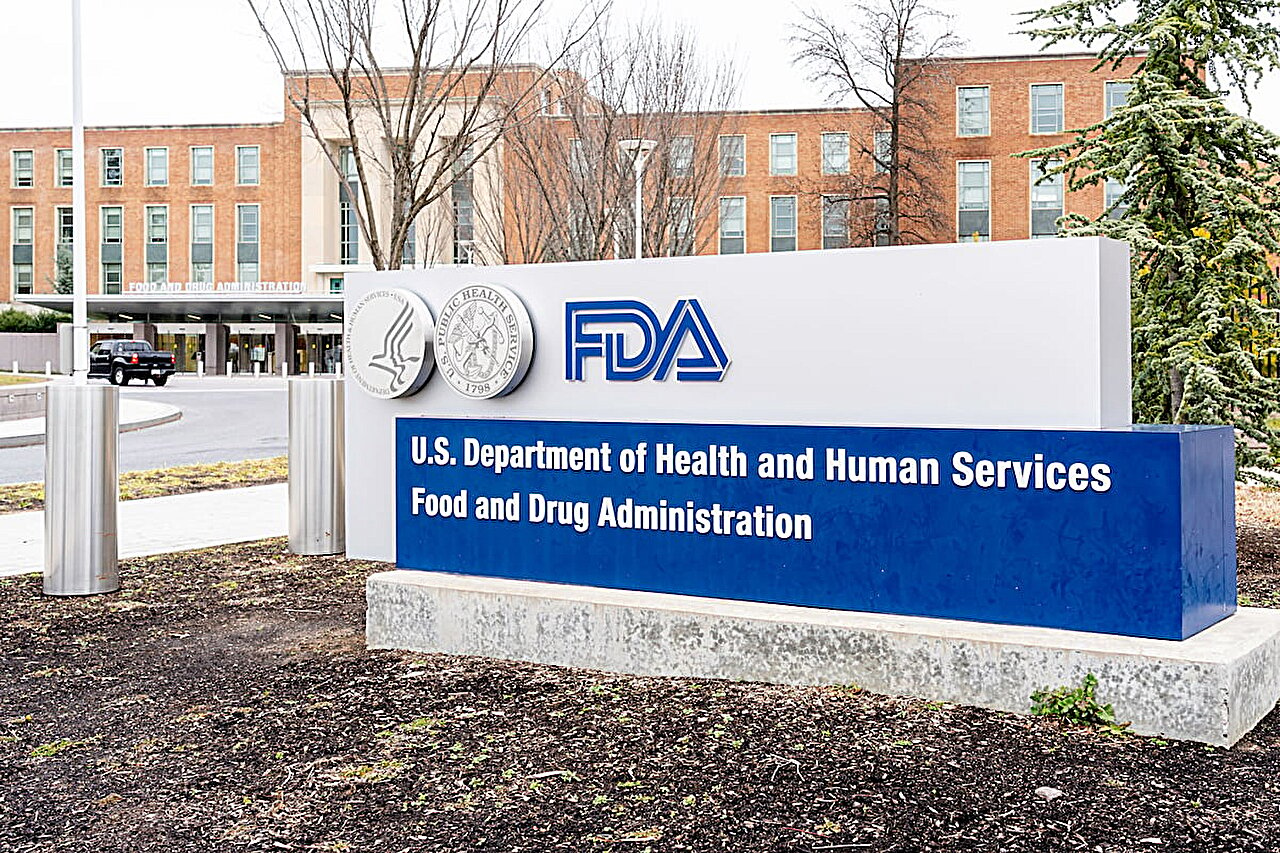A team of researchers at Michigan State University and the University of Michigan found new insights on the timing of prenatal stress and its effect on infant stress reactivity and temperament — including differences between genders.
The study, published in Psychoneuroendocrinology, is the first to examine weekly stress across 27 weeks of pregnancy to pinpoint when it most affects a newborn’s stress response and temperament — two measures that indicate infant biobehavioral reactivity.
“Prenatal stress has a well-established link to negative health, including mental health, outcomes in children and adults, but most studies conclude that the biggest effects are on girls. Our study found that not to be the case. It’s in fact, just different timing,” said Alytia Levendosky, lead investigator of the study and professor in MSU’s Department of Psychology.
The researchers recruited 396 pregnant women, specifically from a high stress-risk population due to low income and/or exposure to intimate partner violence. Weekly stress assessments were conducted via email or text from week 15 through week 41 of pregnancy. At six months postpartum, infant cortisol levels were collected before and after a mildly stressful laboratory task to see how their hypothalamic-pituitary-adrenal system, or HPA axis, responded to stress. Mothers also reported on infant temperament.
The study found periods of higher sensitivity to stress in both mid and late gestation but found that girls and boys had differing patterns of sensitivity. The data showed that experiencing stress in mid-gestation affected girls’ HPA axis and temperament, while late gestation stress impacted boys. Previous studies in this field stopped their last stress assessment between 32-34 weeks. Because this study ran through week 41, Levendosky and her team were able to locate the time that was most sensitive for boys.
“This study is an essential step in correcting our understanding around prenatal stress effects for boys and girls,” said Joseph Lonstein, investigator on the study and professor in MSU’s Department of Psychology. “We hope that our findings inspire additional research so we can better understand what is happening in fetal brain development across pregnancy and how it is affected by stress.”
Current funding allows the team of researchers to continue following these participants until the age of four — with assessments at 2.5 years old and again at 4 years old. Amy Nuttall, co-author of this study and associate professor in the Department of Human Development and Family Studies at MSU, hopes to continue the study through even later childhood.


